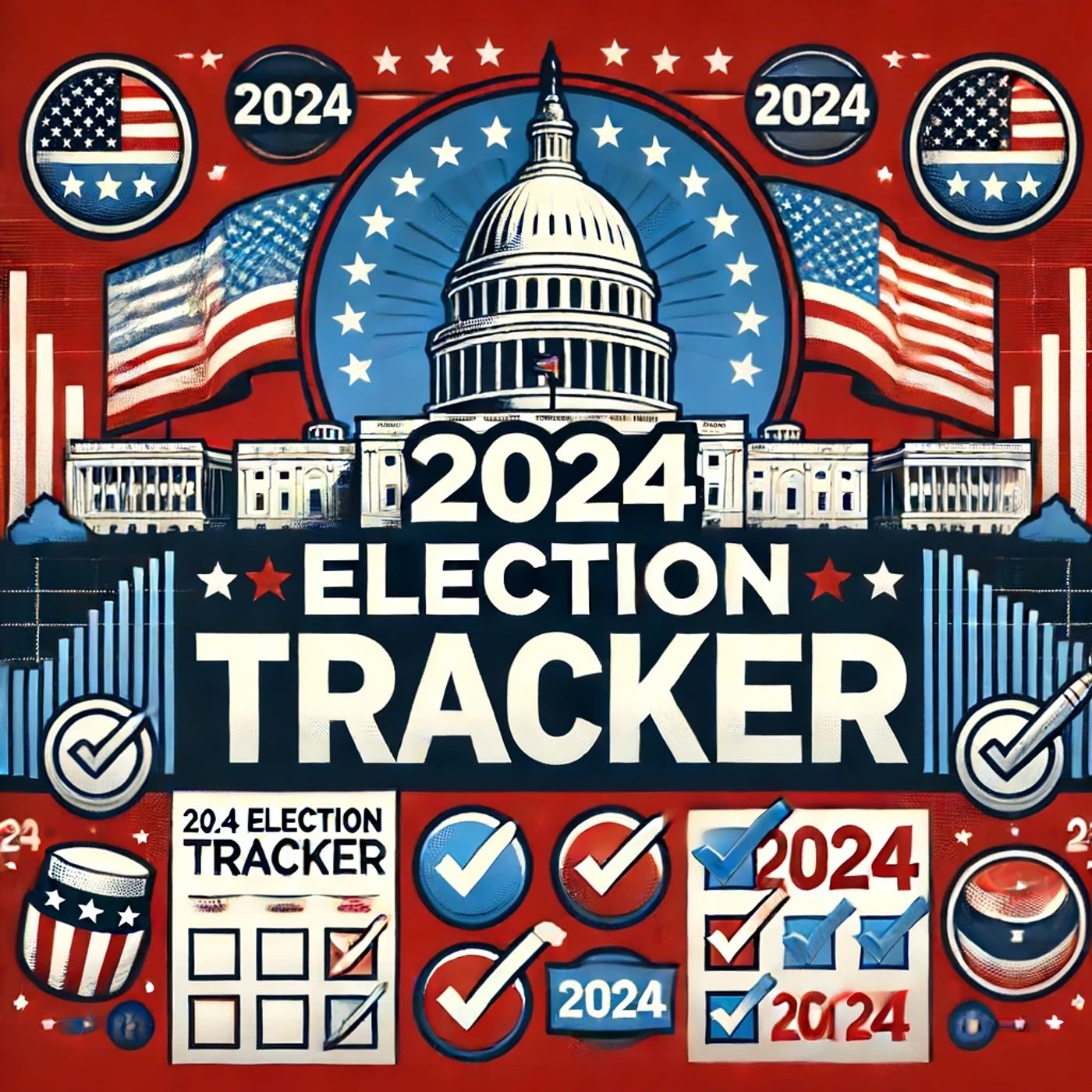
Historic Parallels and Evolving Dynamics Shape the Road to the 2024 US Presidential Election

2024 Election Tracker - US President
Shownotes Transcript
As the 2024 Presidential Election approaches, analysis and comparisons draw an intriguing footprint of history, strategy, and political evolution. According to a presidential historian, the fate of the election might pivot significantly on four key factors, usually employed to forecast whether the incumbent party is likely to retain its White House position. Interestingly, this model suggests that with Kamala Harris as the Democratic nominee, the party could potentially lose three of these crucial keys.Meanwhile, polling data paints an evolving picture of the race. Reports indicate that Vice President Kamala Harris has been closing the gap on her likely opponent, former President Donald Trump. This shift could be a significant indicator of how the electoral dynamics are playing out across the country as both candidates prepare to intensify their campaigns.Adding a historical lens to the discussion, University of Wisconsin-Milwaukee Professor Mordecai Lee draws comparisons between the current electoral cycle and that of 1968. The election of 1968 was profoundly influential, marked by significant social upheaval, civil rights movements, and a deeply divided nation, much like the current socio-political climate of the United States. These historic parallels might offer valuable insights into voter behaviors and the overarching themes that might dominate the 2024 elections.This melding of historical context with present-day electoral analytics provides a multi-dimensional view of what is shaping up to be a highly contested race. As candidates gear up for more rigorous campaign trails, the insights drawn from polling, historical comparisons, and strategic models will likely continue to shape both public perception and the strategies at the heart of each campaign. The road to the 2024 election, it seems, is paved with a blend of past lessons and real-time shifts in the political landscape, each playing a pivotal role in forecasting the eventual outcome.